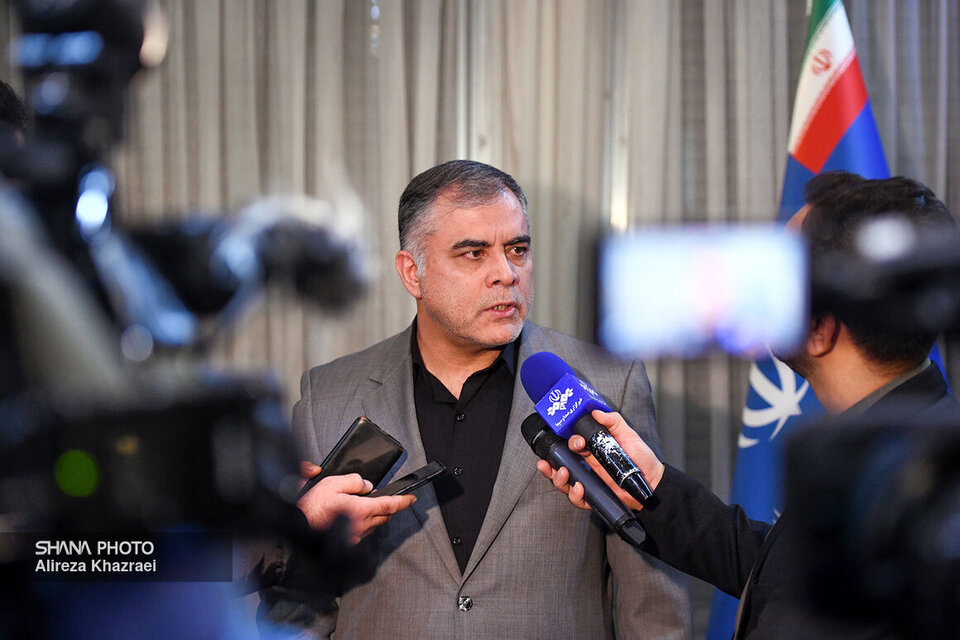Speaking on Tuesday, at the sidelines of the virtual OPEC meeting, Oil Minister Mohsen Paknejad highlighted discussions including the appointment of Iran’s oil minister as OPEC Conference President and Iraq’s Oil Minister, Hayyan Abdulghani, as Vice President for 2025, all unanimously approved by members. Additionally, the meeting endorsed OPEC's 2025 budget and addressed overdue membership fees.
Paknejad noted the extension of OPEC Secretary-General Haitham Al-Ghais’ tenure for three more years, citing his satisfactory performance.
The next OPEC Ordinary Meeting, set for May 27, 2025, will also be held virtually, coinciding with an OPEC+ meeting.
Energy deficit stemming from years of neglect
The minister stressed the country’s severe challenges with gas and electricity imbalances, attributing them to years of insufficient investment in the upstream oil industry and neglecting energy consumption optimization.
He called for public cooperation to stabilize the gas network, explaining that reducing heating system temperatures by just one degree could lead to significant gas savings. Paknejad noted that the government has begun reducing energy use in its own facilities to set an example.
Gas cuts for wasteful consumers
Paknejad emphasized that the National Iranian Gas Company is closely monitoring optimal temperatures in government buildings and will cut off gas to facilities that exceed defined standards. This policy also applies to residential properties, such as villas where heating systems are left on despite infrequent occupancy.
"Gas supplies to households and businesses consuming above the established limits will be cut off," he warned.
Fuel supply adjustments, power plant noncompliance
Responding to questions about potential reductions in fuel supplies to power plants, Paknejad acknowledged the limited gas production and the need to reduce supply to industries and power plants during peak household and commercial demand.
He criticized some power plants for failing to follow regulations on using alternative fuels like fuel oil during the warmer months, which could have mitigated current shortages. "This is not a new practice; it has been implemented in previous years. If these measures had been followed, we wouldn’t be facing today’s challenges," he said.


Your Comment